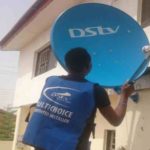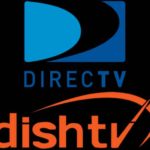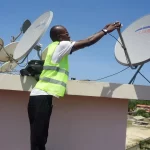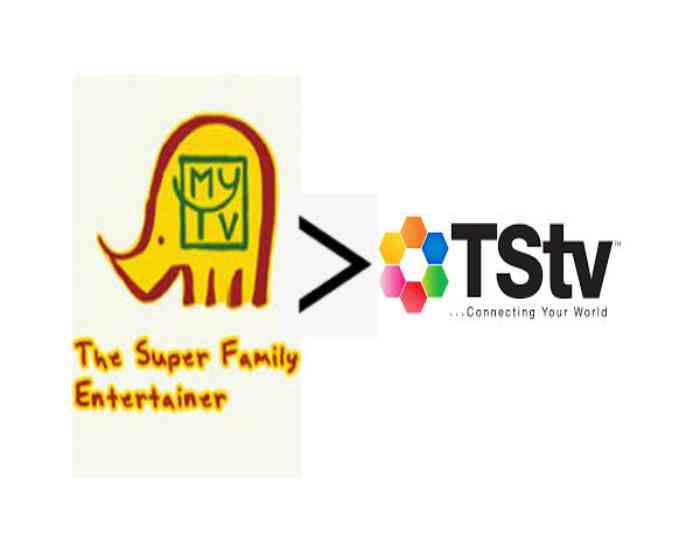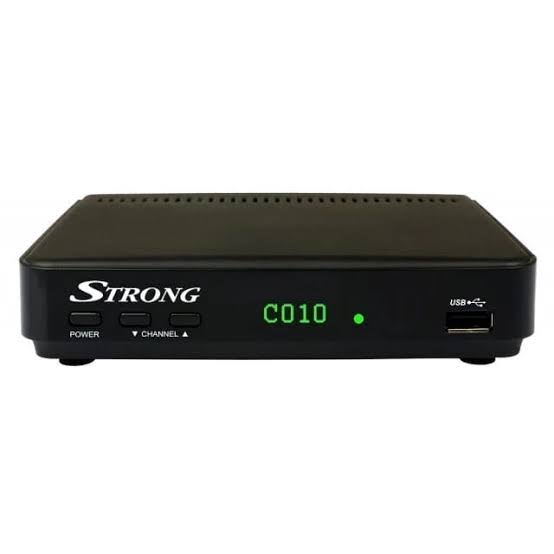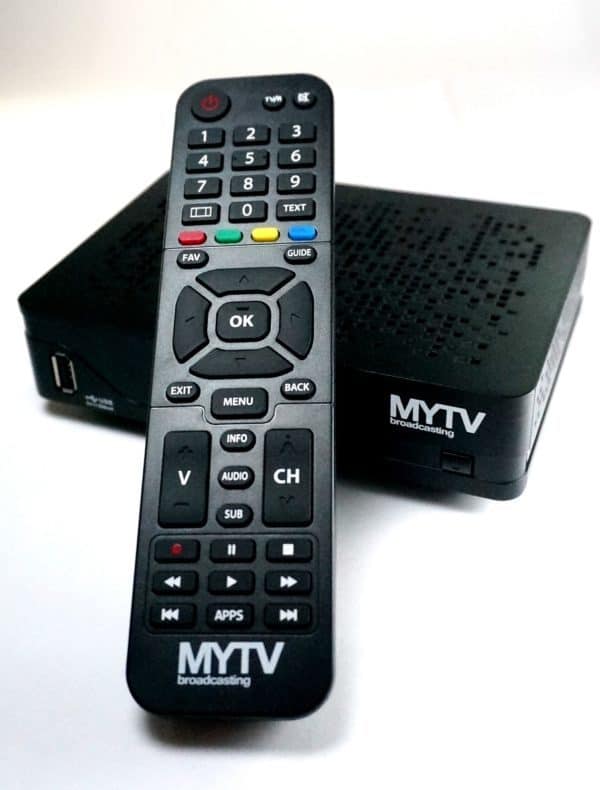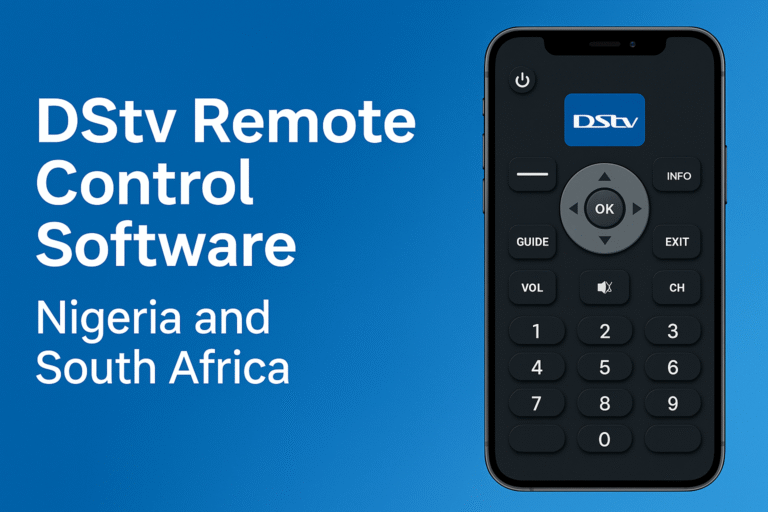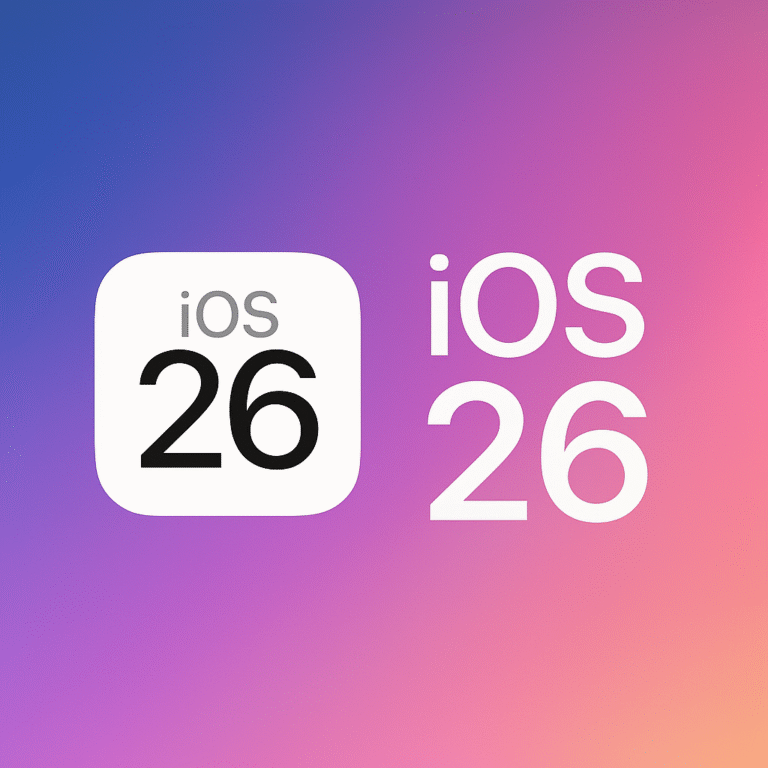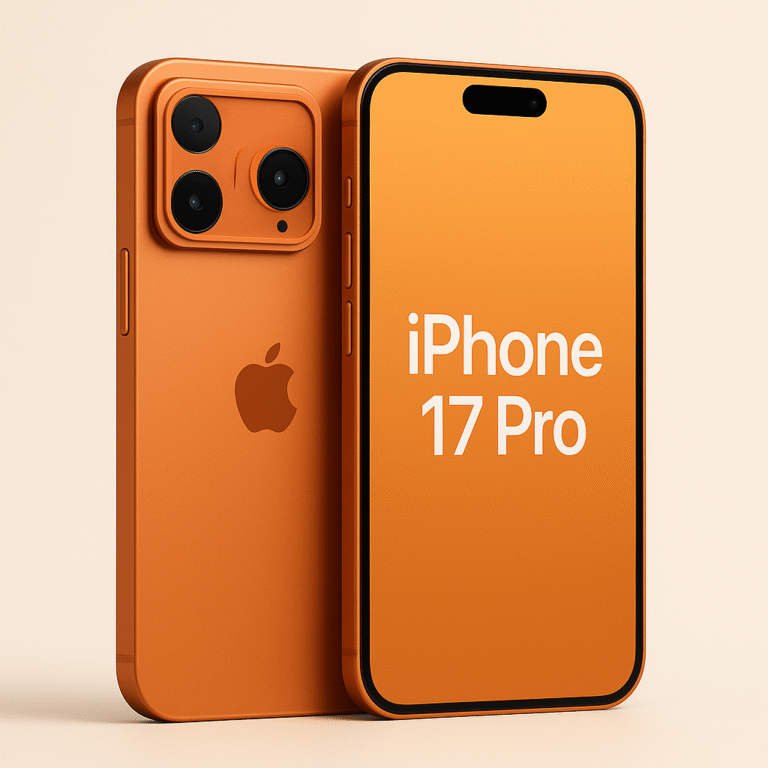In the 80s and early 90s, every Nigerian home with a TV set had got an Ariel antenna with spikes mounted on long over-the-roof poles. This only gave us access to few local channels that were not even clear but by then standard, Nigerians were comfortable it.
This TV technology metamorphosed to electricity-powered antennas with in-built boosters which made the channels clearer. Most of those antennas had the ability to rotate on its own accord once the remote button is pressed. Although this made watching TV more convenient, Nigerians were still restricted to those few channels.
Little wonder the thrill that came with the advent of early digital satellite multichannel receivers but as expected, they were very expensive and exclusive to the rich who only could afford it. The South African-based Multinational Company MultiChoice Africa introduced her first digital satellite pay-tv service known as DStv.
Today, many cable and satellite Tv service providers are operational in Nigeria. You may have heard of GOtv, StarTimes, Daarsat, MyTV, Arabsat, Qsat, AVG and so on.
It came with over 90 channels then but today, it has been upgraded to over 200 digital channels. However, many Nigerians could still not afford it. It became a social status symbol. To capture the market, MultiChoice DStv regrouped their channels into packages or bouquets and allocated prices to sooth low as well as high income earners.
With slight variations in their mode of operation and technology, they basically offer same service – multichannel digital TV.
Perhaps, the greatest advancement in this industry is the service price reduction, which makes it possible for virtually every Nigerian to be able to subscribe to one or more of these TV services. Let us not forget that the quality and range of program content strongly vary among these TV service providers.
Among the above-listed services, DStv, Daarsat and MyTV are satellite propagated pay-tv services. They are based on Direct-To-Home or DTH Digital Satellite Pay-Tv technology. The cost implication of managing DTH signals from the initiation and enrichment to the transmission is very high. That is why it is more expensive to subscribe to this type of service than the DVB – T technology type of multi channel TV service.
The GOtv and StarTime TV services are notable pay-tv services in Nigeria that run on the Digital Video Broadcast Terrestial (DVB – T) technology. On a layman’s explanation, the DVB – T services do not require satellite dishes rather ordinary antennas.
Their signals rely on mast or Ariel or mast transmissions to receive digital TV signals. They are not expensive to run or maintain hence, subscribers to this type of service pay less to enjoy the same digital collection of TV channels.
GOtv services is powered by MultiChoice Nigeria, the same company that owns DStv. Its network is currently wide spread in the country but still have limitations especially in the remote or hilly parts of the country. Although GOtv accessories include an indoor antenna on purchase which you can place above your TV set or table, the best signal reception comes when you use an external Ariel antenna on a highly set pole.
StarTimes digital service is provided by The Nigeria Television Authority NTA. Its application is similar to the GOtv discussed above and the subscriptions are still very cheap. The companies transmitting on DVB – T are seriously working hard to extend their signal to all corners of the country so that Nigerians can enjoy their services irrespective of their location.
